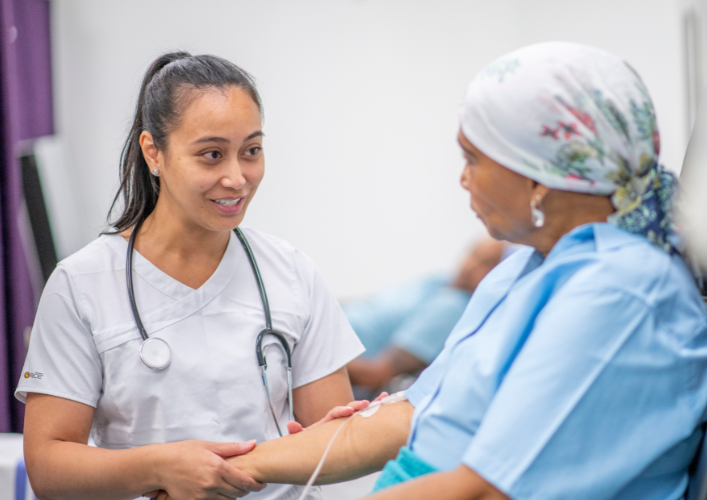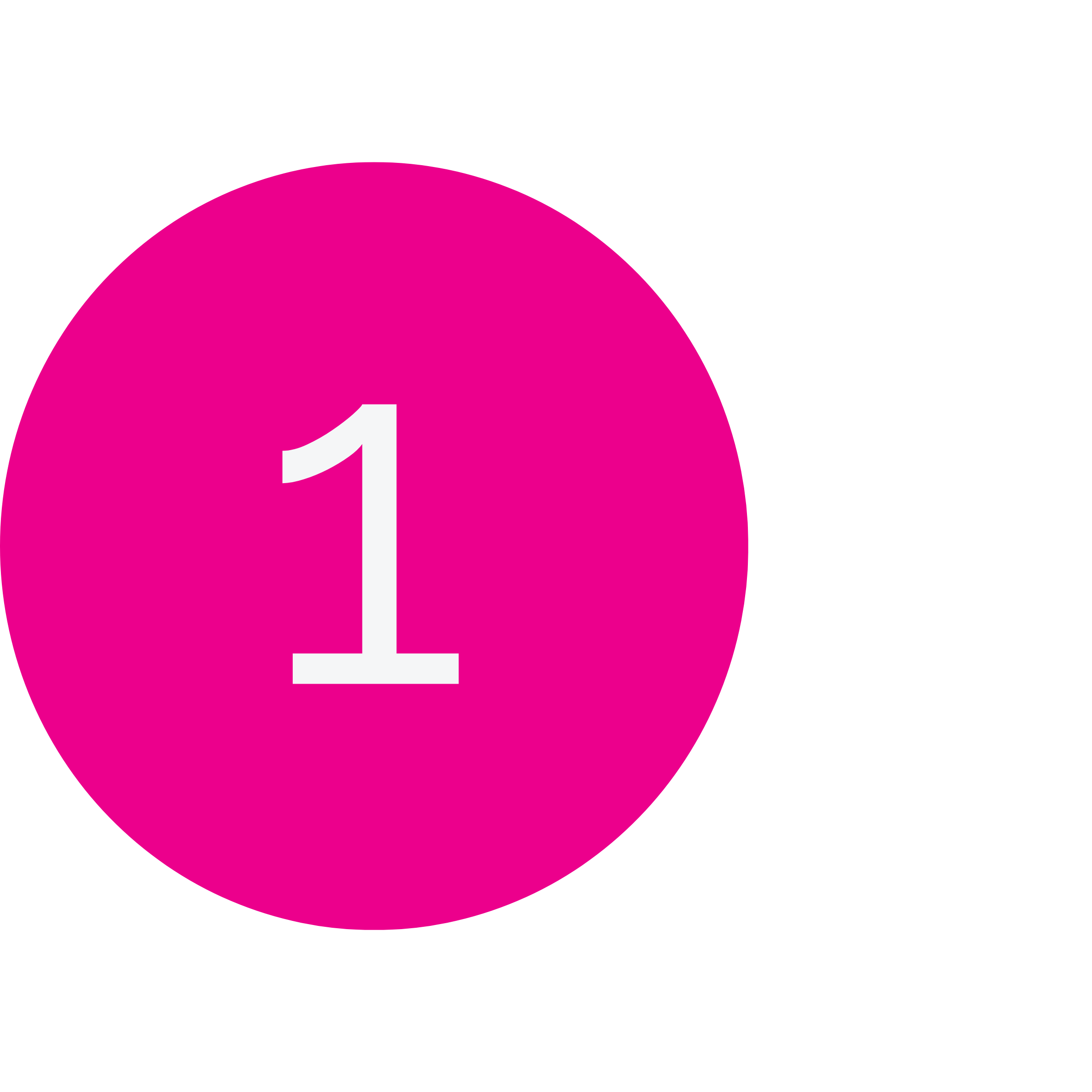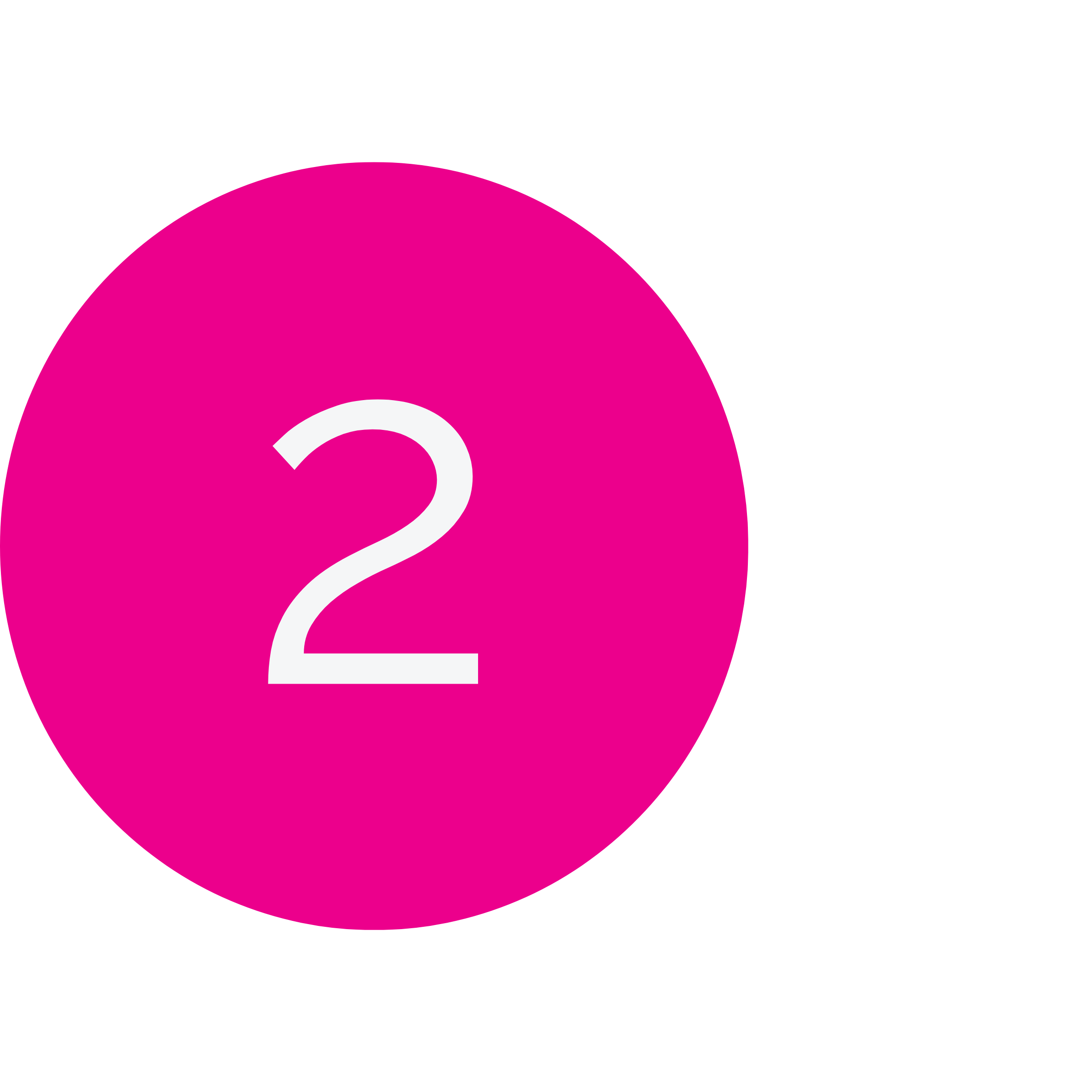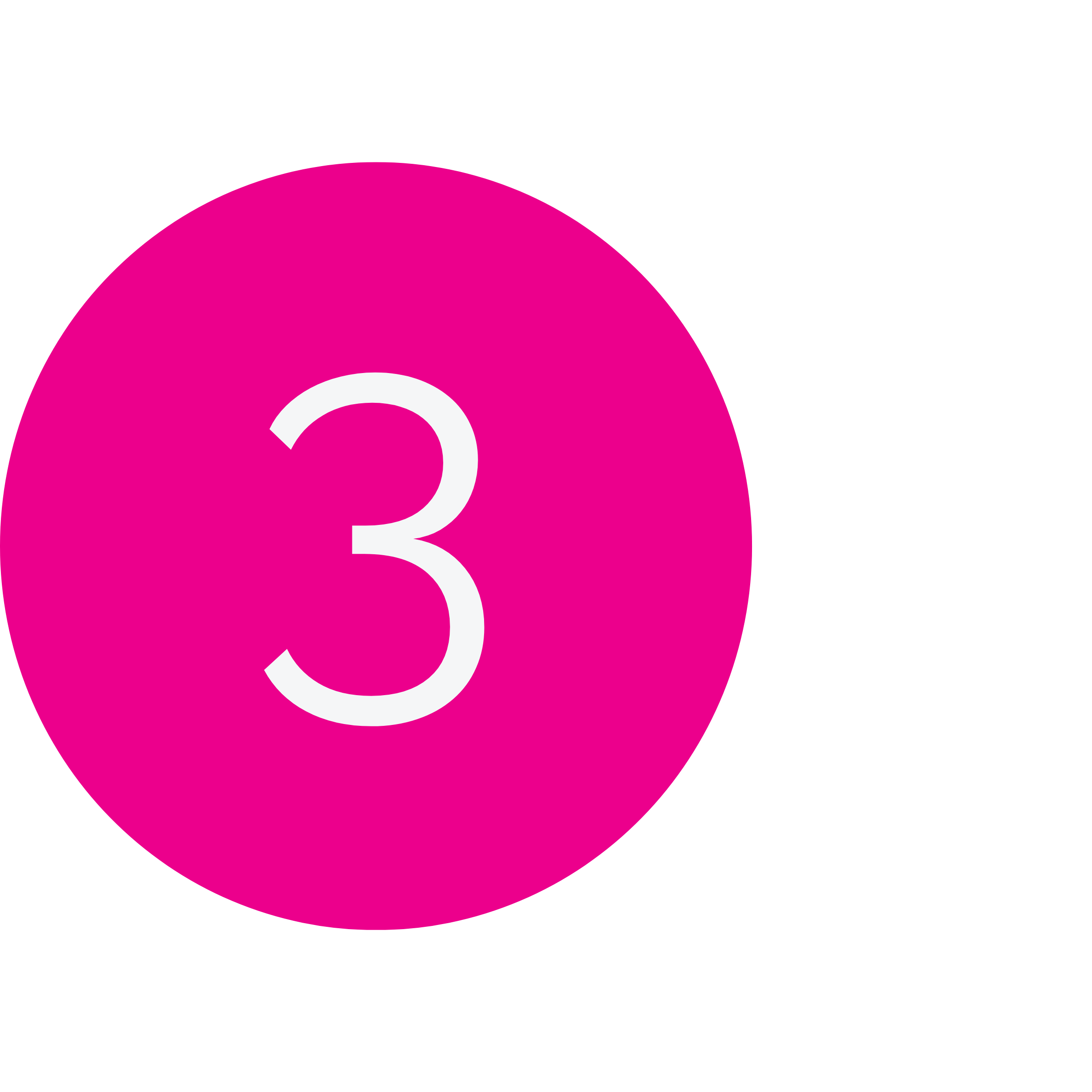65th ASH Annual Meeting
Theme 2: CAR T-cell therapies
A highlight of ASH 2023 was the latest research on CAR T-cell therapies, which have been increasingly studied in multiple myeloma and B-cell non‑Hodgkin lymphoma and often result in excellent patient outcomes and tolerability. Meeting discussions focused on the potential for curative CAR T‑cell therapy, the need for effective bridging therapies before CAR T‑cell therapy, and safety. From the many relevant and exciting abstracts presented, we have highlighted a late-phase study of CAR T‑cell therapy in heavily pretreated R/R MM, Phase 1 data on novel, rapidly manufactured, and off‑the-shelf CAR T‑cell therapies, and research focused on optimizing patient selection for cellular therapies.


KarMMA-3
KarMMa-3, a Phase 3 study of ide‑cel in triple‑class‑exposed R/R MM, demonstrated a 51% reduction in disease progression or death and deeper and more durable responses with a single infusion of ide‑cel vs continuous treatment with standard regimens in the final analysis, indicating superior long-term disease control.1 In contrast, an interim analysis of OS revealed no improvement with ide-cel; however, OS improvements were seen with ide-cel when the analysis was adjusted for treatment crossover. The ide-cel arm also included 17 patients who died following bridging therapy before receiving ide‑cel, which also impacted the OS results. The overall findings demonstrate the favorable efficacy of ide-cel in this patient population, while also highlighting the need for more effective bridging therapies and shorter delays in initiation of CAR T-cell therapy.

Rapid/Off-the-shelf CAR T‑cell therapy
Treatment with CAR T‑cell therapy produced with next-day manufacturing was studied, utilizing GC012F, the autologous BCMA and CD19 dual targeting therapy developed using the FasTCAR platform. Responses were deep and durable, and the safety profile was favorable in a Phase 1 study in high‑risk, transplant-eligible patients with NDMM.2 In addition, data from a Phase 1, first-in-human study of a promising “off‑the‑shelf” TSCM-rich BCMA‑targeted allogeneic CAR T‑cell therapy (P‑BCMA‑ALLO1) were reported. Nonviral vector integration and gene editing were used here to avoid GvHD; activity was similar to that of autologous BCMA CAR T‑cell therapy in heavily pretreated R/R MM.3

CAR T‑cell therapy vs autologous HCT
One question in the treatment of patients with relapsed LBCL is whether to select CAR T‑cell therapy or autologous HCT in patients who achieve a CR while receiving interim therapy. This question was assessed in a retrospective study of patients in CR who received either CAR T‑cell therapy or autologous HCT. In these patients, autologous HCT was associated with a significantly lower rate of relapse, and it significantly improved PFS compared with CAR T‑cell therapy (P<0.001).4 Thus, autologous HCT could be an option for patients in CR, providing another possibly curative therapy while still allowing for subsequent use of CAR T‑cell therapy in the case of relapse.
ASH, American Society of Hematology; BCMA, B-cell maturation agent; CAR, chimeric antigen receptor; CD, cluster of differentiation; CR, complete response; GvHD, graft versus host disease; HCT, hematopoietic cell transplantation; ide-cel, idecabtagene vicleucel; LBCL, large B-cell lymphoma; MM, multiple myeloma; NDMM, newly diagnosed multiple myeloma; OS, overall survival; PFS, progression-free survival; R/R, relapsed/refractory; TSCM, T memory stem cell.
1. Rodríguez-Otero PR et al. ASH Annual Meeting 2023. Abstract 1028; 2. Du J et al. ASH Annual Meeting 2023. Abstract 1022; 3. Dholaria B et al. ASH Annual Meeting 2023. Abstract 3479; 4. Shadman M et al. ASH Annual Meeting 2023. Abstract 781.